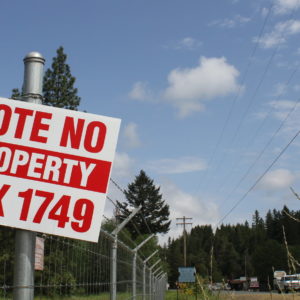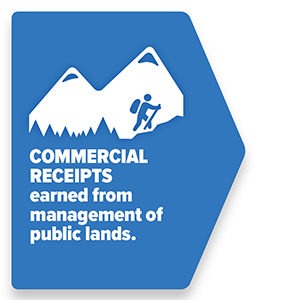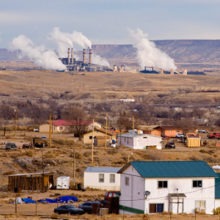This panel discussion examines the ways fiscal policies (i.e., the ways governments raise and use revenue) have failed rural communities. Panelists include:
- Mark Haggerty of Headwaters Economics;
- Commissioner Sidney Fitzpatrick of Big Horn County, Montana, and tribal member Apsáalooke (Crow Nation); and
- Representative Angelica Rubio of the New Mexico House of Representatives.
Fiscal policies have failed rural communities in two ways. First, they have created a dependence on a narrow set of industries, such as fossil fuels. Second, fiscal policies have constrained the ability of local governments to grow, save, and invest revenues in ways aligned with economic diversification.
As a result of these policies, many rural communities are poorer and less resilient. State tax policies constrain the ability of rural communities to benefit from economic diversification, including from renewable energy development and conservation (such as protective designations on federal lands).
Panelists describe the impact of fossil fuel dependence on rural and at-risk communities and explain the need to decouple and diversify revenue. They offer policy solutions transferrable across resource-dependent states, including ways to capture and reinvest public wealth in natural resources into local and regional economies.
This panel was sponsored by the William and Flora Hewlett Foundation on February 12, 2021.




